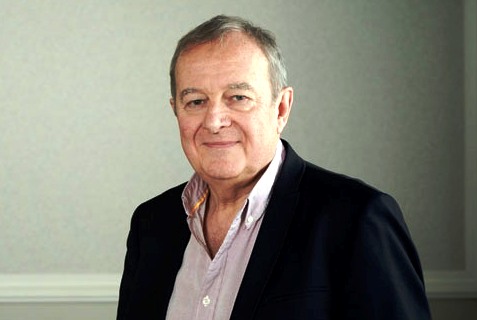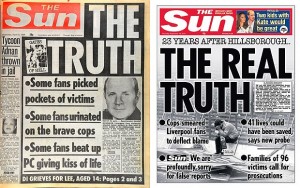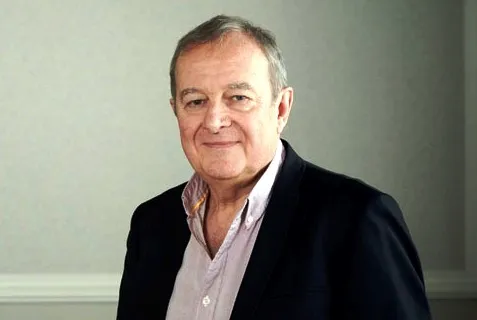
A leading academic who was the primary author of the Hillsborough Independent Panel report has told of the responsibility he felt for the families and survivors of the 1989 disaster.
Phil Scraton, Professor of Criminology at Queen’s University, Belfast, recently spoke at St George’s Hall as part of a series of ‘Writing on the Wall’ events where he reflected on the panel’s findings into the tragedy which killed 96 Liverpool supporters.
Speaking to JMU Journalism, he said: “I think the talk itself was basically in two parts: first of all what we already knew and what we had already found out through the historical development of Hillsborough. That was a really essential part to lay the ground down on that and to say ‘So what comes next?’ and it was about the whole theme of speaking truth to power. How ordinary people in struggling, suffering multiple injustices, can still have strength through bearing witness, through testimonies and so on to speak truth to power.
“The second part of the talk was how the report has done that. How we’ve been able to take the material right back to 1981 and bring it right the way through into understanding how Kelvin MacKenzie’s ‘The Truth’ headline in The Sun, how that was doctored and how that was actually put in front of him and making all those links.”
Professor Scraton’s work has recently been recognised by his own university where he was awarded the inaugaural Vice-Chancellor’s Impact Prize in recognition of his work on Hillsborough.
Since the publication of the Panel’s report in September, the role of public authorities in the disaster has been exposed and has sparked a number of investigations into the cover-up by South Yorkshire Police. The Attorney General is also set to apply for the “accidental death” inquest verdicts to be quashed in light of revelations in the report. Prof Scraton, however, believes that the most important issue surrounding the panel was its independence.
He added: “The fact that it was appointed by the Government, that it actually drew on all of that material and in developing its independent analysis has brought an incontrovertible, unquestioning report before the nation, that, to me, is the issue.

“It’s about the education of the nation, it’s about the international recognition that the families and survivors have been right all along in terms of the testimonies that they gave all that time ago.”
Originally from Liverpool, Professor Scraton admitted he had mixed emotions when delivering the panel’s report at the Anglican Cathedral.
He explained: “When I stood up to deliver our findings I had this overwhelming sense of responsibility to these people who put so much trust in the work that we were doing and I didn’t see that as a burden. It was a weight but it wasn’t a burden, it was something that I was privileged to do.
“But it was also something that I felt was absolutely necessary. So I never had real mixed emotions about it but that sense of responsibility did weigh heavy and I think coming back to Liverpool now and giving the findings to an open meeting, that to me was I think part of that responsibility.”
Despite the report exonerating Liverpool fans and clearing them of any wrongdoing, Professor Scraton admits they will never be able to convince those who refuse to understand or respect the panel’s work.
He said: “They’ll be ignorant forever, but the majority of people now know that the finger was not only pointed at a group of fans, or at those who survived, the finger was also pointed at a city and a way of life and people.
“To me it was righting that wrong as well; all of those appalling headlines like ‘Self-pity City’ they had to be eradicated.”

